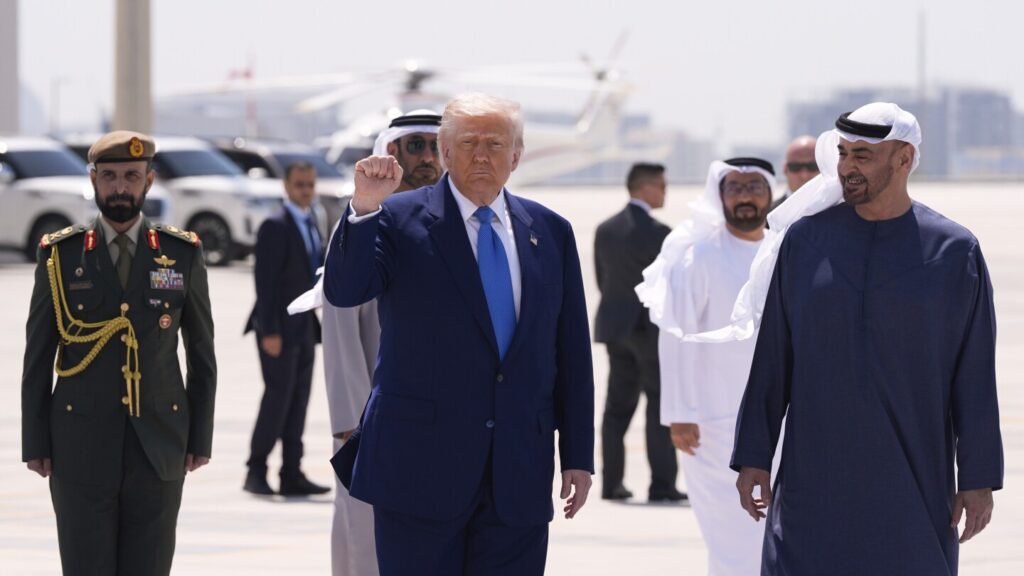U.S. President Donald Trump has acknowledged the existence of an American proposal regarding Iran’s advancing nuclear program amid ongoing negotiations between the two nations. The negotiations, led by U.S. Mideast envoy Steve Witkoff and Iranian Foreign Minister Abbas Araghchi, have reached an “expert” level, focusing on potential agreement details. However, a significant obstacle remains Iran’s uranium enrichment, with Tehran insisting on the right to continue while the Trump administration insists on cessation.
During his trip to the United Arab Emirates, Trump emphasized Iran’s nuclear ambitions, stating that they must not acquire a nuclear weapon. Trump’s remarks on Air Force One revealed that Iran has a proposal but must act swiftly to avoid negative consequences. Iranian officials have expressed concerns about conflicting statements from the U.S., questioning Washington’s coherence in negotiations.
Negotiations have taken place in Oman and Rome, mediated by Oman’s Foreign Minister, with the aim of curbing Iran’s nuclear activities in exchange for lifting economic sanctions. Trump has warned of potential airstrikes if a deal is not reached, while Iran has hinted at pursuing a nuclear weapon. Tensions are further heightened by Israel’s threats to target Iran’s nuclear facilities independently.
The situation remains complex, with potential implications for regional stability and security. The evolving dynamics between the U.S., Iran, and other stakeholders underscore the delicate balance in the ongoing negotiations and the broader geopolitical implications at play.

